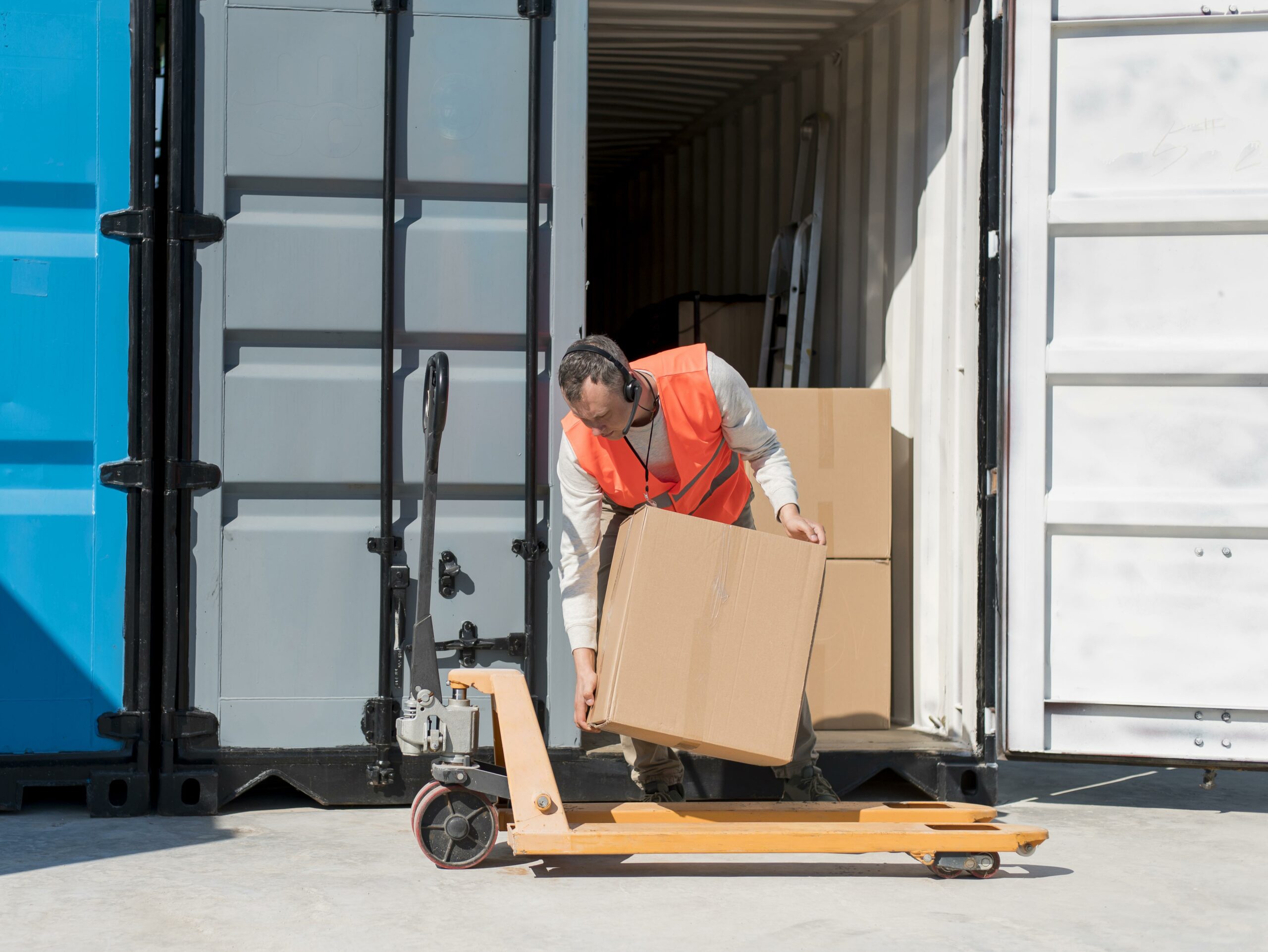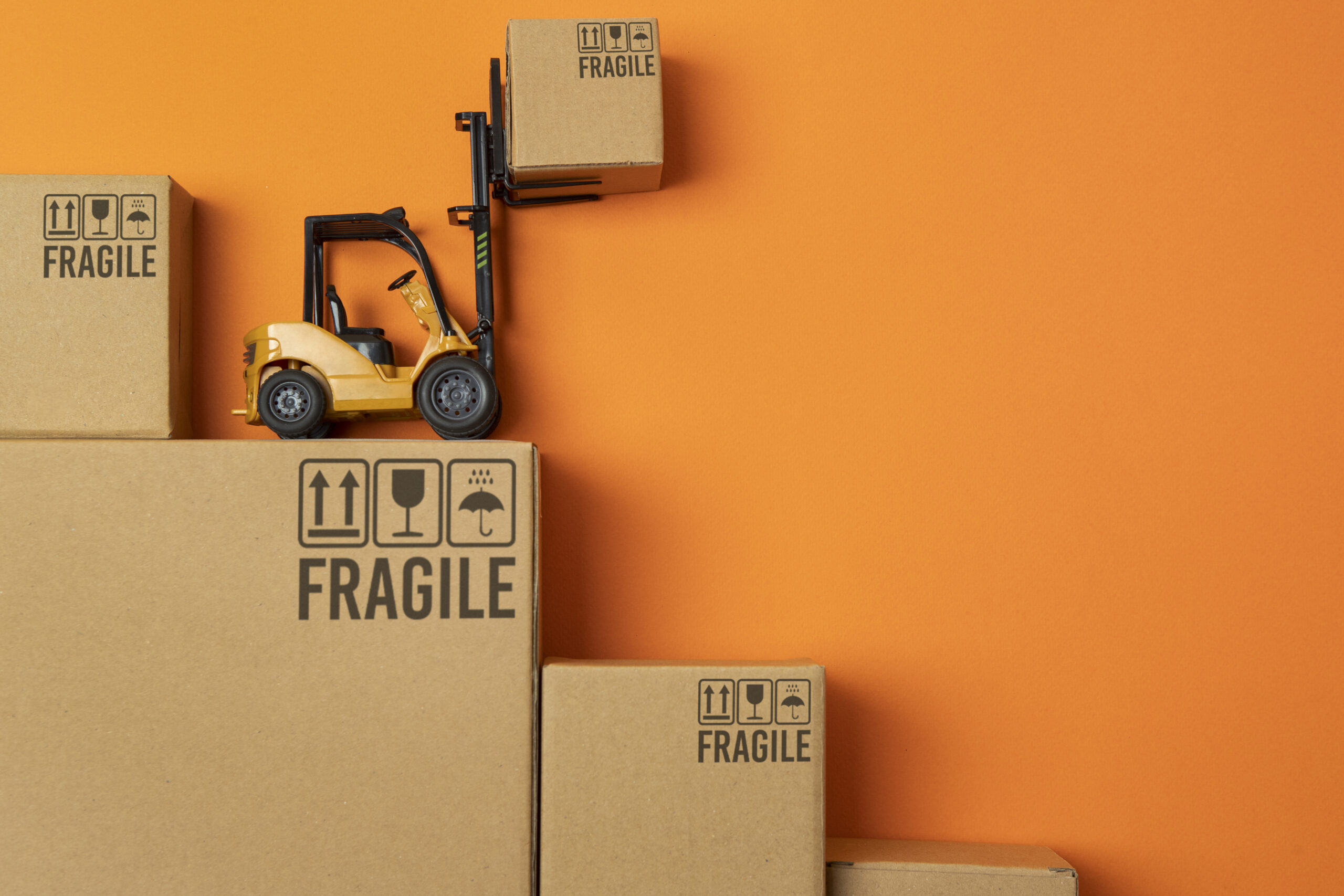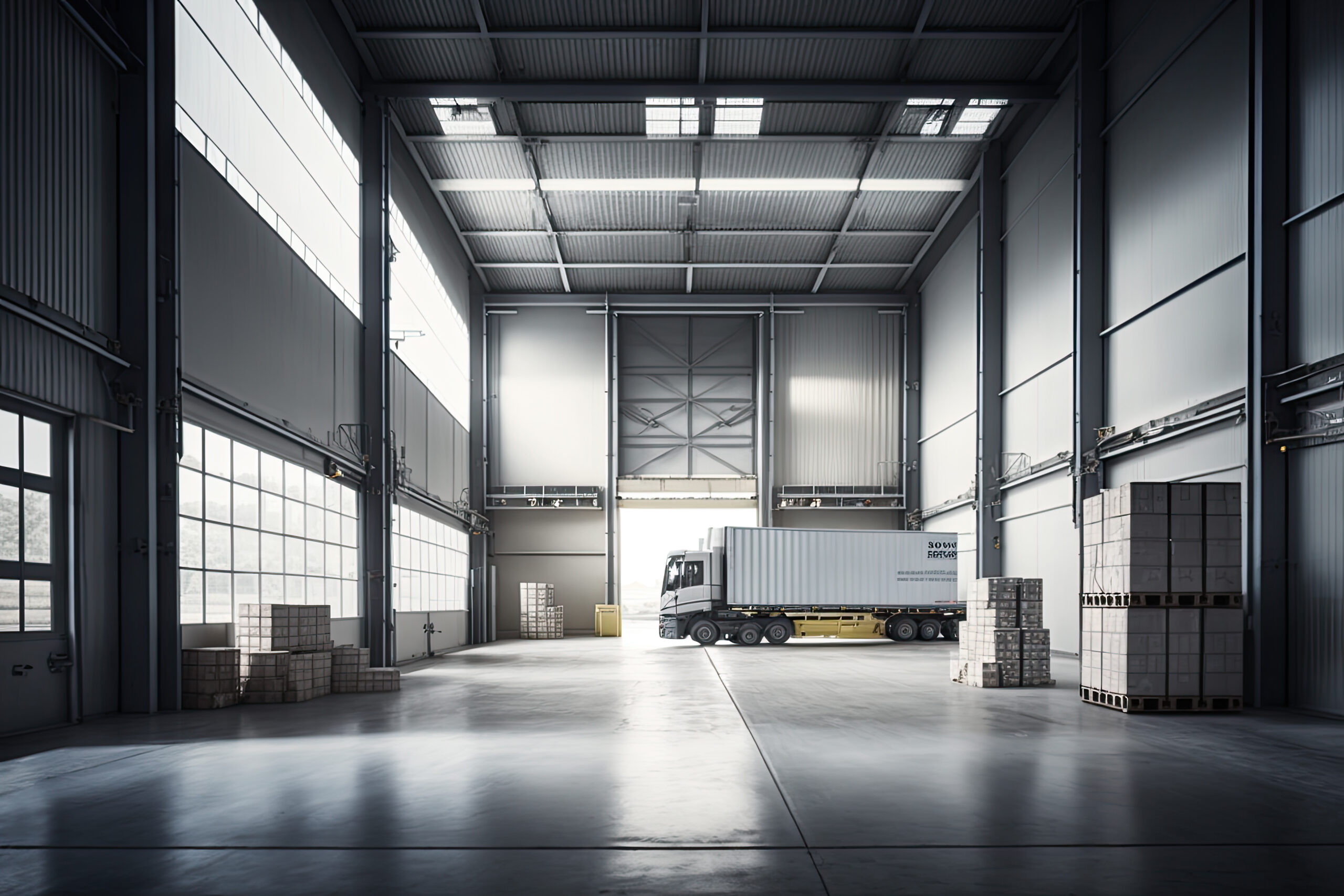Storage is one of the last annoyances associated with moving that you must consider. Should you purchase a portable storage container or self-storage?
We’ll go over everything you should consider for each of these options, but to give you an overview, here is a succinct response:
Typically, the best option will depend on how long you need to store your stuff. Self-storage is the greatest solution for short-term storage, especially if you need frequent access to your possessions.
When storage is needed for a longer period of time and you don’t need frequent access, a storage container makes sense. Additionally, keep in mind that unlike self-storage units, storage containers can be transported.
Consider storing with your moving business if you’re employing a moving company, you simply need short-term storage, and you don’t require access to your stored belongings.
Storage Container
A storage container is a big metal box that is brought to your house to store your things. You will have the choice of loading the container yourself or having it loaded for you by movers.
You can have the container relocated to your new address, kept on your property, or sent to a storage or warehousing facility, according to several storage container businesses, like U-Pack.
Portable storage containers are extremely durable and waterproof, and they are built to last. Since they can be used as moving containers, these containers are frequently also referred to as moving pods or pod storage.
Self-Storage or Traditional Storage
Self-storage, the most popular kind of storage utilized when relocating, entails renting a space at a storage facility. The size of the units varies, and some may offer climate-controlled choices for more delicate things.
Self-storage is typically used as a short-term fix when moving. It will be necessary to move things from your house to the storage unit. Then, when you’re prepared to move those belongings to your new residence, they will require yet another transfer.
How Much Does a Storage Container Cost?

Starting monthly fees for pod storage are roughly $149. A storage container does not, however, come without additional expenses.
Fees for delivery and pickup are also charged, with a typical charge of $75 for each service.
In some situations, if you plan to use the storage container for long-term storage, the delivery and pick-up fees may be waived.
The location, required container size, and duration of rental will all have an impact on how much a storage container will ultimately cost.
You must also pay for transportation if you intend to move your belongings between locations using a portable storage container.
For a local transfer, a moving pod (storage container) will cost between $475 and $800. An international transfer can cost anywhere from $800 to $5,000.
To get a better idea of how much this would cost, use our moving container cost calculator.
How Much Does Self-Storage Cost?
Traditional storage or a self-storage unit might cost anything between $20 and $300 per month.
The three factors that will have the biggest impact on the price are the unit’s size, location, and climate control.
A 10×10 storage space may cost between $80 and $100 per month in a smaller city. In a bigger city, the identical flat would cost around twice as much per month.
The price difference between a climate-controlled and non-climate-controlled storage unit is roughly 15%.
Other costs are associated with self-storage.
Starting out may require paying a charge up front, and some storage facilities require you to buy their own unique lock. To protect your belongings, you should probably also buy storage unit insurance. Depending on the level of coverage, the expense will be nominal and applied to your monthly storage unit price.
Do I have access to my items?
The degree of access you have to your belongings when using self-storage versus storage containers is one of the most significant differences. Having the appropriate amount of access can make a significant difference for certain people when deciding between these two storage solutions.
Compared to a storage container, traditional storage allows for more access. Even while a self-storage facility may have set office hours, many of them provide 24/7 access to your unit or at the very least extended access hours.
The storage units are piled on top of one another in a pod storage facility. If you want access, you’ll probably need to arrange a delivery time and cost to your house or pay to have your storage container taken out of the stack.
Access may be restricted to particular days of the week and hours of the day.
Pros and Cons of Self-Storage and Storage Containers
Making the right storage choice requires consideration of both choices’ advantages and disadvantages. Your particular situation may determine whether conventional storage or pod storage is the best choice.
Pros of a Storage Container
- Delivered to and picked up from your house
- Choose from a different of sizes
- Keep the container at a facility or on your property
- Usefulness as a movable pod
- Loading and unloading should only occur once
Cons of a Storage Container
- Pay a charge for every pickup and delivery
- Compared to typical storage, the monthly cost is higher, particularly during the busiest moving season.
- Once delivered to a building or warehouse, access to pod storage is restricted.
- You might not be able to have a storage container on your property legally or practically.
Pros of Self- Storage
- A range of unit sizes are available
- Possibility of climate-controlled storage for your belongings
- Simple access to your things, frequently 24/7
- Pod storage is more expensive per month
Storage is one of the last annoyances associated with moving that you must consider. Should you purchase a portable storage container or self-storage?
We’ll go over everything you should consider for each of these options, but to give you an overview, here is a succinct response:
Typically, the best option will depend on how long you need to store your stuff. Self-storage is the greatest solution for short-term storage, especially if you need frequent access to your possessions.
When storage is needed for a longer period of time and you don’t need frequent access, a storage container makes sense. Additionally, keep in mind that unlike self-storage units, storage containers can be transported.
Consider storing with your moving business if you’re employing a moving company, you simply need short-term storage, and you don’t require access to your stored belongings.
Storage Container

A storage container is a big metal box that is brought to your house to store your things. You will have the choice of loading the container yourself or having it loaded for you by movers.
You can have the container relocated to your new address, kept on your property, or sent to a storage or warehousing facility, according to several storage container businesses, like U-Pack.
Portable storage containers are extremely durable and waterproof, and they are built to last. Since they can be used as moving containers, these containers are frequently also referred to as moving pods or pod storage.
Self-Storage or Traditional Storage
Self-storage, the most popular kind of storage utilized when relocating, entails renting a space at a storage facility. The size of the units varies, and some may offer climate-controlled choices for more delicate things.
Self-storage is typically used as a short-term fix when moving. It will be necessary to move things from your house to the storage unit. Then, when you’re prepared to move those belongings to your new residence, they will require yet another transfer.
How Much Does a Storage Container Cost?
Starting monthly fees for pod storage are roughly $149. A storage container does not, however, come without additional expenses.
Fees for delivery and pickup are also charged, with a typical charge of $75 for each service.
In some situations, if you plan to use the storage container for long-term storage, the delivery and pick-up fees may be waived.
The location, required container size, and duration of rental will all have an impact on how much a storage container will ultimately cost.
You must also pay for transportation if you intend to move your belongings between locations using a portable storage container.
For a local transfer, a moving pod (storage container) will cost between $475 and $800. An international transfer can cost anywhere from $800 to $5,000.
To get a better idea of how much this would cost, use our moving container cost calculator.
How Much Does Self-Storage Cost?
Traditional storage or a self-storage unit might cost anything between $20 and $300 per month.
The three factors that will have the biggest impact on the price are the unit’s size, location, and climate control.
A 10×10 storage space may cost between $80 and $100 per month in a smaller city. In a bigger city, the identical apartment would cost around twice as much each month.
The price difference between a climate-controlled and non-climate-controlled storage unit is roughly 15%.
Other costs are associated with self-storage.
Starting out may require paying a charge up front, and some storage facilities require you to buy their own unique lock. To protect your belongings, you should probably also buy storage unit insurance. Depending on the level of coverage, the expense will be nominal and applied to your monthly storage unit price.
Do I have access to my items?
The degree of access you have to your belongings when using self-storage versus storage containers is one of the most significant differences. Having the appropriate amount of access can make a significant difference for certain people when deciding between these two storage solutions.
Compared to a storage container, traditional storage allows for more access. Even while a self-storage facility may have set office hours, many of them provide 24/7 access to your unit or at the very least extended access hours.
The storage units are piled on top of one another in a pod storage facility. You’ll likely need to schedule a delivery time and price to your home or pay to have your storage container removed from the stack if you want access.
Access could be limited to certain times and days of the week.
Pros and Cons of Self-Storage and Storage Containers

Making the right storage choice requires consideration of both choices’ advantages and disadvantages. Your particular situation may determine whether conventional storage or pod storage is the best choice.
Pros of a Storage Container
- Delivered to and picked up from your house
- Choose from a different of sizes
- Keep the container at a facility or on your property.
- Usefulness as a movable pod
- Loading and unloading should only occur once.
Cons of Storage Container
- Pay a charge for every pickup and delivery
- Compared to typical storage, the monthly cost is higher, particularly during the busiest moving season
- Once delivered to a building or warehouse, access to pod storage is restricted
- You might not be able to have a storage container on your property legally or practically.
Pros of Self Storage
- A range of unit sizes are available.
- Possibility of climate-controlled storage for your belongings
- Simple access to your things, frequently 24/7
- Pod storage is more expensive per month
Cons of Self Storage
- You will have to relocate your belongings to the unit yourself or with the help of movers
- You will have to load and unload your items twice.
- Moving to a new place entails leaving things behind.
Which Storage Option is Right For You?
You might not know the answer after considering the benefits and disadvantages, pricing, and details of each alternative.
It might be challenging to determine the best type of storage for you because every circumstance is unique. Let’s examine a couple typical circumstances to see which solution works best.
- Storing items long-term while traveling or moving overseas – Storage Container
- Storing items long-term, but needing regular access – Self-Storage
- Storing items with the intent of moving those items to a new home out-of-state – Storage Container
- Moving items to a new home in the same city – Storage Container or Self-Storage
- Temporarily storing items locally – Self-Storage
- For Moves requiring a lot of loading and unloading – Storage Container




